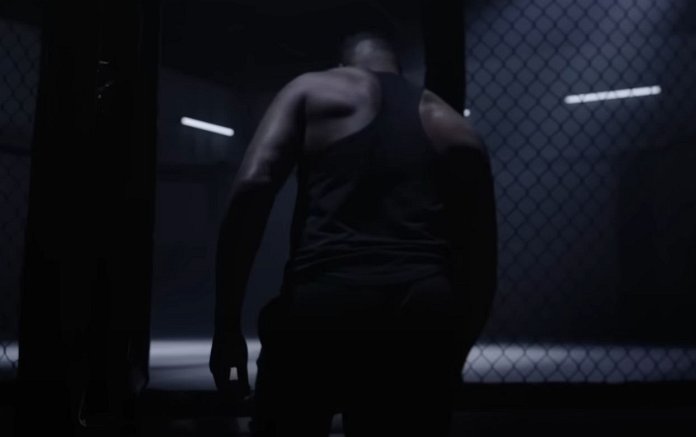
The UFC’s anti-doping program is set to be overhauled in 2024 due to the organization’s split with the United States Anti-Doping Agency (USADA) following concerns over Conor McGregor‘s return to the anti-doping program.
The UFC’s anti-doping program is set to undergo a major overhaul in 2024 as the organization ends its partnership with the United States Anti-Doping Agency (USADA). The decision to split was met with controversy, as both sides exchanged accusations about the reasons behind the move. USADA CEO Travis Tygart cited concerns over Conor McGregor’s potential return to competition without the requisite six months of testing, claiming this made the relationship with the UFC untenable. However, UFC chief business officer Hunter Campbell and UFC senior vice president Jeff Novitzky vehemently denied these allegations, asserting that the split was already in progress before McGregor became a focal point.
The announcement of the split left fighters like UFC welterweight Matt Brown curious about the future of drug-testing within the organization. The UFC responded by revealing plans for an updated anti-doping program, which will involve Drug Free Sport International handling sample collections starting in 2024. The program will be overseen by Dr. Daniel Eichner, a renowned physician in the field and chief doctor at a World Anti-Doping Agency (WADA) accredited laboratory. Former FBI agent George Piro will serve as the independent administrator, responsible for determining punishments for athletes on the UFC roster. Despite concerns about a potential conflict of interest due to his training at American Top Team, Piro’s hiring was praised by Novitzky.
However, the changes made to the anti-doping program raised red flags for Brown, even before potential conflicts came to light. He expressed skepticism about the UFC’s assurance of Piro’s credibility and integrity, stating that he found the lack of transparency off-putting. Brown, who has never personally experienced any issues with the anti-doping program, expressed hopes that the new system will be fair, but acknowledged that fighters have little control over the matter. He also voiced doubts about the effectiveness of any drug-testing protocol in deterring cheating, believing that athletes with financial means will always find ways to beat the system.
In Brown’s opinion, doping will continue to be a part of high-level athletics, regardless of the measures in place to combat it. He argued for the allowance of performance-enhancing substances as the only way to create a level playing field. Brown likened the efforts to stop doping to the war on drugs, claiming that it is an unsolvable issue. He concluded by stating that it is best to accept the reality that the playing field will never be truly level and move on.